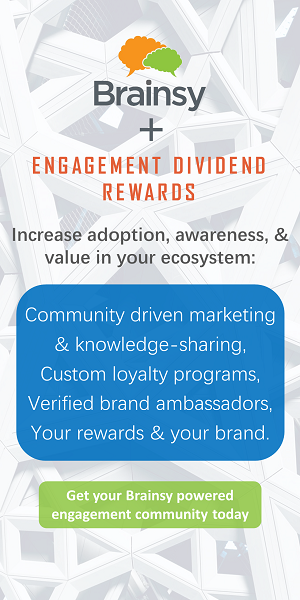If a company is so efficient that its processes do not permit its employees to think and make decisions on exceptions it may have passed the threshold of productive efficiency related to customer service quality. When the institution gets to the point where they depersonalize even the human interaction, where the customer service person needs to go through a mechanical process, where one is expected to go to a computer or phone interface first, this is a sign of a corporation that is likely much to big and probably too cost efficient. It has become so efficient that it is now ineffective in servicing real customer needs.
I recently had the misfortune of having to try to resolve an account problem (check fraud) that was outside the normal processes at a large institution. In effect, the situation called for the manager to make a decision that was not within the realm of the standard procedures. The situation remains unresolved with no recourse other than to have a third party mediate (meaning I had to take a total loss), in my case this means the courtroom since I have no other option as a consumer or citizen.
The institution is normally considered highly efficient for typical transactions and is attentive to customers who want to perform a routine task (I have a premium gold status account so I normally get special access to services). The customer service staff is trained to smile, maintain calm, stay focused, follow the processes, listen and answer only the question directly, but they are also equally skilled at not thinking or addressing any situation that does not fit within their training. For these exceptions one needs to speak with the manager who again then goes through the same process to understand why the perfect processes failed, then needs to think through some complexity that request they understand the company policy and law, stay within the realm of not exposing the company to any liability, in effect the customer is secondary or incidental to the situation the manager is in.
If the customer happens to be only one account in millions then the potential perceived risk to the manager is miniscule; therefore, the inclination is to first find some policy that can be interpreted in such a way according to make the issue the customer problem and not something that the institution needs to resolve. Knowing that this was the usual approach for large institutions I had asked several different people for specifics on the company policies including getting the manual myself and reading through it completely. The manual had no specific policy or guidance to handle my case so I was prepared for the manager when she made an arbitrary statement that was inconsistent with the manual. It was also the case that for each person I asked in the institution, I got a slightly different answer, each one designed to try to make it my problem, instead of something that the company had done in error. When I stated to the manager the details of the situation, my understanding of the legal issues, and several interpretations of the policy manual, the only response left was that she needed to speak with the legal department. At that point, I completely understood that I would not get any resolution to the problem and needed to close my accounts and find another Institution to do business with.
The situation, was not just an annoyance, since it involved a loss of money and a federal crime for which the institution did not catch, the police were investigating, and I had no awareness of it was possible to commit against my account. I am left now with one possibility that the institution itself cannot be trusted, it was an inside job, since it is possible that its own processes might have allowed the crime to occur, then they would not take responsibility for it, and leaving the customer with no recourse to resolve.
So what is the point? The lesson to learn from this is that when a corporation gets so big that it needs to enforce cultural conformity and group thinking across all its employees, it does not allow them to be effective with addressing local customer issues. This forces them into policy interpretations or paralegal judgments when executing efficient processes. The net result can be the loss of a 20-year customer for a trivial amount relative to the lifetime customer value. This is not good business even if it is the most efficient way to resolve that issue from the institutions perspective.
The lessons as a customer, find a local institution with people who know you by name and can make decisions for issues that affect their relationship with you over the lifetime engagement. Avoid Corporations that are much too efficient, they are easy to spot and the penalty is high if you ever have a problem to resolve.
Register for FREE to comment or continue reading this article. Already registered? Login here.
0
